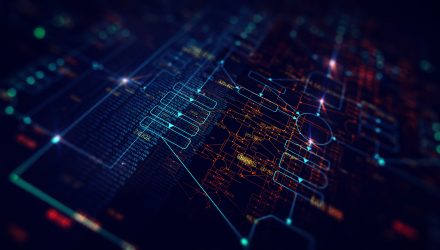Blockchain is an open, decentralized digital ledger that records transactions between parties on a peer-to-peer network and documents activity in a transparent, public database. Once a transaction is validated, it becomes a permanent and indisputable record on the blockchain.
In simpler terms, blockchain is a technology that makes it possible to conduct and verify transactions between parties without intermediaries or the possibility of manipulation or corruption.
Blockchain Power
Do you believe blockchain can power more than just cryptocurrencies?
Yes, blockchain and distributed ledger technologies can power more than just cryptocurrencies. In fact, there are already applications that do far more than just create digital currencies. Use cases include securely sharing medical records, land titles, supply chain logistics, etc. Given the pace of innovation so far, it is reasonable to assume that there are many unimagined applications that will change the way we interact and do business.
In the near term, blockchain will reduce transaction costs and eliminate counter-party risk and the need for a trusted third-party middleman. Blockchain technology will be the next value driver for the internet and will continue to evolve from what we know them as today; to completely new and more powerful applications.
How to Use Blockchain
What blockchain use-cases excite you the most?
While blockchain has the potential to transform most of our business processes, I think it will have profound effect on the wealth and economies of third-world countries. Blockchain will be able to address problems like corruption, lack of trusted institutions, proof of ownership and certainty of outcome.
